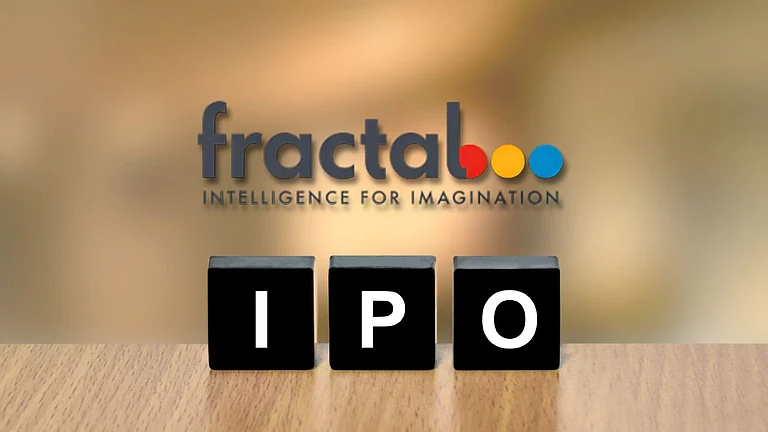In a surprising turn of the move, a crypto trader turned a $10,000 investment into over $1 million within ten days by strategically investing in the memecoin "TROLL." The opportune purchase occurred shortly after Elon Musk playfully updated his X (Twitter) bio to "Chief Troll Officer." The trader converted 4.3 Ether, valued at $10,000, into a staggering 19 trillion TROLL tokens. After selling 9 trillion TROLL to recoup the initial investment, the remaining 10 trillion tokens reached a peak value of $1.34 million, resulting in an impressive 8,540% gain.
It's noteworthy that TROLL, launched in April of the previous year, experienced a typical trajectory for memecoins, briefly surging in price before retracing to near its launch value. However, the dynamics shifted dramatically on January 9 when Elon Musk altered his X bio, catapulting TROLL's value over 150,000% in just three days. This occurrence echoes Musk's influence in 2021, where a single tweet could significantly impact the value of his favoured memecoin, Dogecoin. Additionally, the narrative touches upon another memecoin named "Grok," inspired by Musk's AI project, which achieved substantial market capitalization before revelations of repurposed social media accounts led to a downturn for latecomers.
Coinbase Engages in a 5-Hour SEC Battle Over Stocks, Terraform Labs, and Howey
In a lengthy five-hour session, United States District Judge Katherine Polk Failla presided over arguments from both the Securities and Exchange Commission (SEC) and Coinbase regarding the crypto exchange's motion for dismissal of a lawsuit initiated by the SEC in June 2022. The hearing delved into critical aspects of the crypto space, dissecting arguments related to the Howey test and the SEC's role in regulating the industry. Judge Failla scrutinized the SEC's case against Coinbase, particularly questioning why a digital token issuance would align with the Howey test, deeming the case potentially "too broad." The SEC asserted that token buyers are essentially investing in the network or ecosystem, presenting a value proposition behind token purchases. Coinbase's legal team countered this by highlighting parallels with Bitcoin, considered a commodity, which also boasts community backing and a network. The hearing explored nuanced aspects, such as the definition of staking and secondary market transactions, referencing recent court rulings involving crypto firms like Ripple and Terraform Labs.
The SEC argued that Coinbase is attempting to establish a modified version of the Howey test, allowing the trade of crypto tokens tied to ecosystems, thus constituting a "common enterprise." The SEC contended that Coinbase independently applied the Howey test, resulting in varying interpretations and classifications of certain tokens. This inconsistency, according to the SEC, justifies the rejection of Coinbase's motion for dismissal, paving the way for the lawsuit to proceed. Coinbase's legal defence emphasized differences between its case and that of Terraform Labs, particularly highlighting the absence of secondary market transactions and the private nature of the investor-company relationship in the latter dispute. The discussion also explored distinctions between stocks and crypto tokens, drawing from the Ripple case's implications, where Judge Analisa Torres determined that XRP is not a security when traded on exchanges but categorized as such when sold to institutional investors, aligning with Howey Test criteria.
A new protocol elevates privacy and security in blockchain transactions
Firo, formerly known as Zcoin, is introducing a transformative protocol that enhances privacy and security in blockchain transactions. Addressing the persistent challenge of balancing privacy and simplicity in the crypto world, Firo's innovative approach diverges from traditional models. Despite privacy concerns within the crypto space, Firo's privacy protocol stands out by offering a flexible solution, mitigating the transparency inherent in major blockchains like Bitcoin and Ethereum. The openness of these blockchains, while facilitating access to transaction histories, has raised adoption concerns due to the reluctance of users to publicly disclose their financial activities. Firo acknowledges the essential role of privacy protocols in the mainstream adoption of Bitcoin and strives to overcome hurdles, including complexity and regulatory scrutiny that have led to the delisting of privacy-focused cryptocurrencies from centralized exchanges (CEXs).
Firo's commitment to advancing privacy technologies is evident in its pioneering work in developing privacy protocols. The evolution from Zerocoin to Sigma and Lelantus showcases Firo's dedication to innovation. The recent release of the Lelantus Spark protocol on the main net demonstrates years of diligent research. This protocol, launched in January 2024, empowers users with heightened privacy compared to existing models like RingCT and Mimblewimble. Departing from traditional circuit design, Lelantus Spark employs specialized zero-knowledge proofs in modular construction, simplifying formal verification and future enhancements. Notably, the protocol eliminates the need for a trusted setup, a common drawback in many privacy constructions. Firo's influence extends beyond its ecosystem, impacting the development of Monero's Seraphis privacy protocol. The commitment to continuous improvement, including curve tree research and Spark Assets technology, positions Firo at the forefront of privacy innovation, fostering growth, and community engagement.













